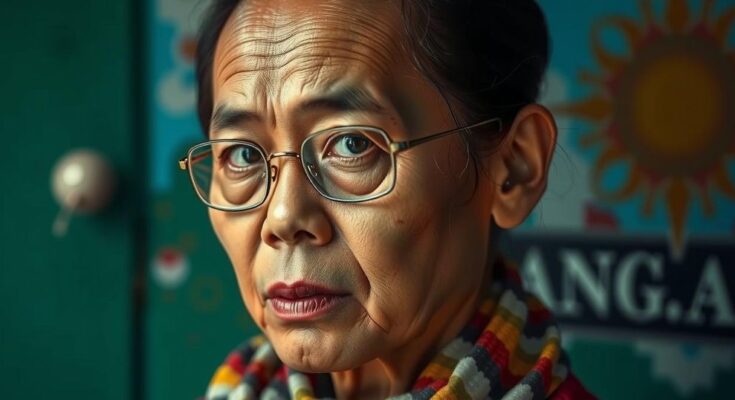Marco Rubio’s nomination for Secretary of State raises both hopes and concerns for human rights in Southeast Asia. A known advocate for democracy, his legislative efforts against authoritarian regimes highlight his commitment to human rights; however, the interplay with Trump’s transactional foreign policy poses challenges to his effectiveness. The Senate’s confirmation will be a decisive moment for shaping U.S. diplomacy in the region’s tumultuous landscape.
Marco Rubio, nominated for Secretary of State in Donald Trump’s latest administration, represents a significant voice for human rights in Southeast Asia amidst a growing shadow of authoritarian regimes. Known as a “China hawk,” he has vocally condemned the human rights abuses against the Uyghurs and Hong Kong through legislative efforts like the Reciprocal Access to Tibet Act. However, questions loom about how effectively he can act on these principles within the confines of Trump’s cabinet, who has historically prioritized deals over human rights concerns.
Rubio’s record showcases his consistent advocacy for democracy across Southeast Asia, evident in his criticism of Cambodia’s leadership and initiatives aimed at empowering democratic movements in Vietnam and Myanmar. His push for sanctions against Vietnamese officials demonstrates a commitment to holding oppressive regimes accountable, a stance that resonates with global human rights advocates. Yet, whether he can champion these issues effectively in a cabinet where human rights may be negotiable remains uncertain.
Trump’s administration has often leveraged foreign policy as a tradeable commodity, raising doubts about Rubio’s independence and ability to navigate complex diplomatic terrains without compromising his values. Experts suggest that Rubio’s influence might depend on how well his voice is integrated into policy formulation, particularly concerning contentious relationships like that with China.
While Rubio’s nomination comes with apprehensions, it might also signal potential shifts in U.S. foreign policy towards a more values-driven approach, especially needed in a region where respect for human rights is in a fragile state. The stakes are high as Southeast Asia grapples with authoritarianism; thus, the Senate’s upcoming confirmation will be pivotal not just for Rubio’s future but for the region’s democratic aspirations.
The context for Marco Rubio’s nomination as Secretary of State arises from an urgent dialogue around human rights in Southeast Asia, a region often grappling with authoritarian leadership. His background as a staunch critic of authoritarian regimes and a supporter of democracy positions him uniquely to influence U.S. policy. However, the interplay between his advocacy and Trump’s transactional approach to foreign policy creates a landscape filled with both opportunity and significant challenges. The importance of maintaining strong international relationships in an era of rising global tensions adds another layer of complexity to his potential role in shaping U.S. foreign policy in Southeast Asia.
In conclusion, Marco Rubio’s nomination as Secretary of State reflects a potential turning point for U.S. foreign policy, particularly concerning human rights advocacy in Southeast Asia. His legislative history demonstrates a commitment to championing democratic values, though significant hurdles remain regarding Trump’s leadership style and priorities. How effectively Rubio navigates internal and external diplomatic challenges will determine if U.S. foreign policy can carve out a space for human rights amidst evolving geopolitical landscapes. The upcoming Senate confirmation will be critical in setting the tone for these discussions.
Original Source: www.dw.com



